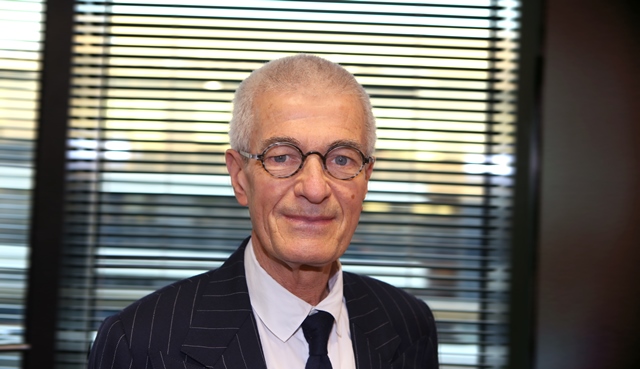 Dr Paul Paterson is the Chief Economist of the Bureau of Communications Research (BCR), an independent economic and statistical research unit within the Department of Communications and the Arts. We interviewed Dr Paterson to get some insights into his work in the communications industry and the scope of the BCR.
Dr Paul Paterson is the Chief Economist of the Bureau of Communications Research (BCR), an independent economic and statistical research unit within the Department of Communications and the Arts. We interviewed Dr Paterson to get some insights into his work in the communications industry and the scope of the BCR.
Dr Paterson, you have worked as an economist in the communications sector for over 20 years, what would you say is the biggest development in that time?
Yes, a long time with huge changes. In this time I have worked as an economic consultant, a regulator and as a senior executive in both the public and private sectors, in Australia and overseas. During this time I've seen many impressive developments in the comms sector, including the:
- release of the first smartphone and subsequent huge uptake that put the internet at virtually everyone's fingertips
- extensive availability of high speed broadband networks (fixed and mobile), including the NBN in Australia
- proliferation of cloud computing, and the
- rapid and far-reaching rise of new digitally-based service providers, such as Google, Facebook, Amazon, Apple and Netflix
However, for me the biggest development — that reflects all of these changes — is the full scale arrival of much-anticipated convergence in all its various forms – fixed/mobile, telecoms/media networks and products, and of course the convergence of communications with every aspect of the economy. This has revolutionised the way we communicate, learn, interact, conduct business and consume content at the economic, societal and individual level.
The BCR was established in 2014, why was it important that such a body was established?
The BCR was established as a progressive advocate for, and exponent of, research and analysis to support evidence-based public policy development in the online world. Since September 2014, we've engaged with stakeholders across government, industry and the research community to understand their issues and priorities and opportunities for partnering. Importantly, we have also supported the Department of Communications and the Arts with a number of policy-focused commissioned projects.
The communications, digital technology, media and post sector is central to Australia's overall economic competitiveness and productivity. However, we need to understand how the digital revolution is shaping our economy, undertake research to ensure that this is as productive and economically efficient as possible and identify the barriers to future growth and competition. The BCR strives to inform good public policy in each of these areas and provide economic research and analysis for the department, the Minister and the country. A big challenge, but one we are excited to embrace.
The BCR has an ambitious work program for the year, what can we expect to see being produced and which project are you most excited about?
A key challenge for the BCR, as a small team, is to balance the competing priorities, focus on adding value and, above all, be relevant and influential in a sector that is more and more fundamental to the economy and the whole of society. A key part of the change is balancing the mix of work that informs and supports departmental policy development and advice such as the BCR's analysis of funding options for NBN non-commercial services, and publications such as our Leading Indicator series and the soon-to-be-released study of the contribution of the digital platform to productivity growth. Both of these projects absolutely capture my imagination and will make an important contribution. But not only these. Something very significant and exciting we have done in the interests of evidence-based policy development is establish for use by our policy colleagues a comms sector big data warehouse along with a set of cutting edge analytical tools and a bunch of the experts to guide staff in their use. We are part of the data revolution!

Comments powered by CComment